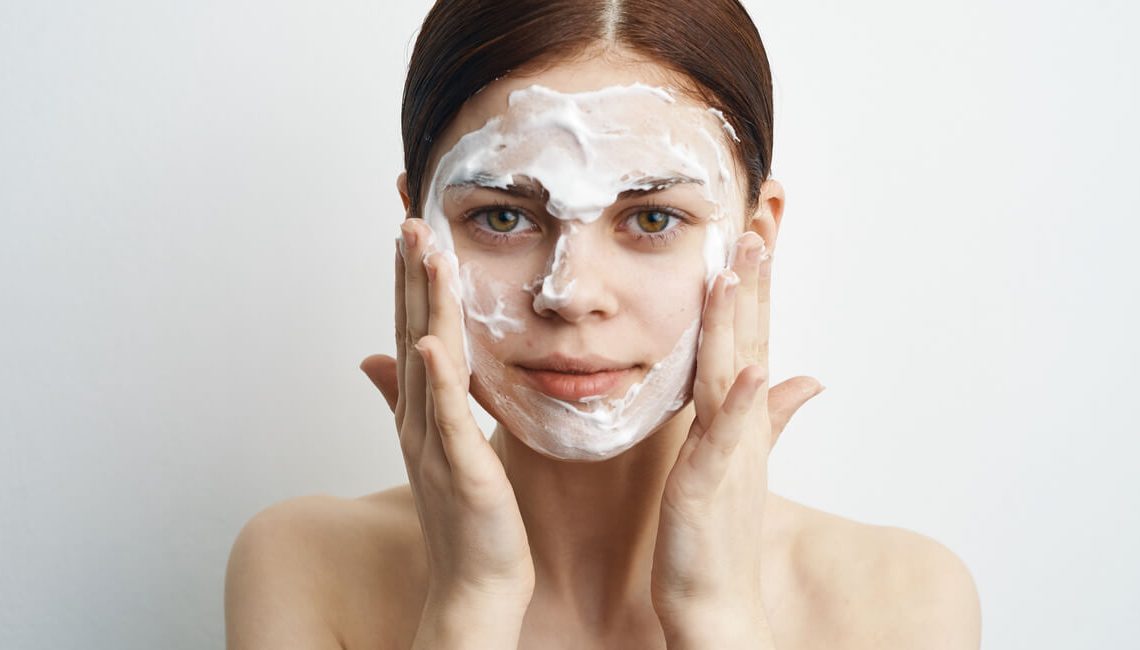
Small beauty rituals like applying make up instantly improve our mood, increase our self-confidence and boosts interpersonal relations.
The skin is the largest organ of the human body and is our first point of contact with the outside world: it bears the signs of time and illnesses, not only physical but also emotional ones. In 1935 the famous dermatologist Joseph Klauder wrote: “The psyche influences the skin more than any other organ. The skin is the place emotions are most expressed”. We now know that the skin and nervous system share their embryonal origin. They are basically close relatives and share preferential communication systems: thanks to common chemical signaling molecules, emotional and psychological aspects can influence the skin and vice versa.
A very recent study on the topic investigated the influence of stress on neurogenic cutaneous inflammation induced by capsaicin, a molecule contained in chili peppers. The study observed the intensity of the cutaneous reaction to the application of a capsaicin-based cream; one group was exposed to environmental stress during the study, and the other was not. The intensity of the local inflammatory reaction to capsaicin was observed via ther-mography, and the results highlighted differences in the reactions of the two groups. 40 minutes post-application, the capsaicin-induced hyperthermia area was wider in the environmentally stressed group. This proves that stress is associated with increased inflammatory responses in the skin, and therefore that is worsens the skin’s inflammatory state.
Sadly, the opposite is also true: skin defects cause stress. It has been observed that 44% of patients suffering from dermatological maladies also have an associated psychiat-ric/psychological disorder; 33% of these are men and 67% women. Dermatological patients therefore experience significant psychological distress, especially women, who are more focused on their outward appearance. The nature of this distress can be psycho-physical (that is generated from a psychological unease which reflects on the skin) or physical-psychological (that is generated from a dermatological problem that reflects on one’s psyche).
This much is certain: a physiological or pathological skin condition can change the way an individual interacts with others, although often the severity of a flaw or a skin condition is far smaller for the individual than the impact it has on his/her psyche. Acne, psoriasis, al-opecia and so on can cause depression, especially since many dermatological issues have a prolonged, chronic development.
The psyche-skin relationship is therefore vital, especially for women, and in different ways depending on one’s age but independently from one’s social status. Which is why a trusting doctor-patient relationship should never overlook the importance of outward appearance. It is especially important to understand how the patients see themselves, and how a possible unease caused by a dermopathy is experienced in every individual case.
To properly consider this problem, a careful dermatologist should not only prescribe therapies, but also give individualized advice on a proper daily beauty routine and encourage the camouflaging of the flaws one is most self-conscious about. All this is vital in supporting treatment, improving one’s appearance and therefore one’s psychological wellbeing, and to break the vicious skin-psyche circle which is often at the root of dermopathies becoming chronic illnesses.
Article of Dr Adele Sparavigna for https://4me.styl


